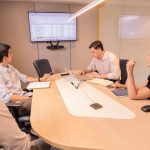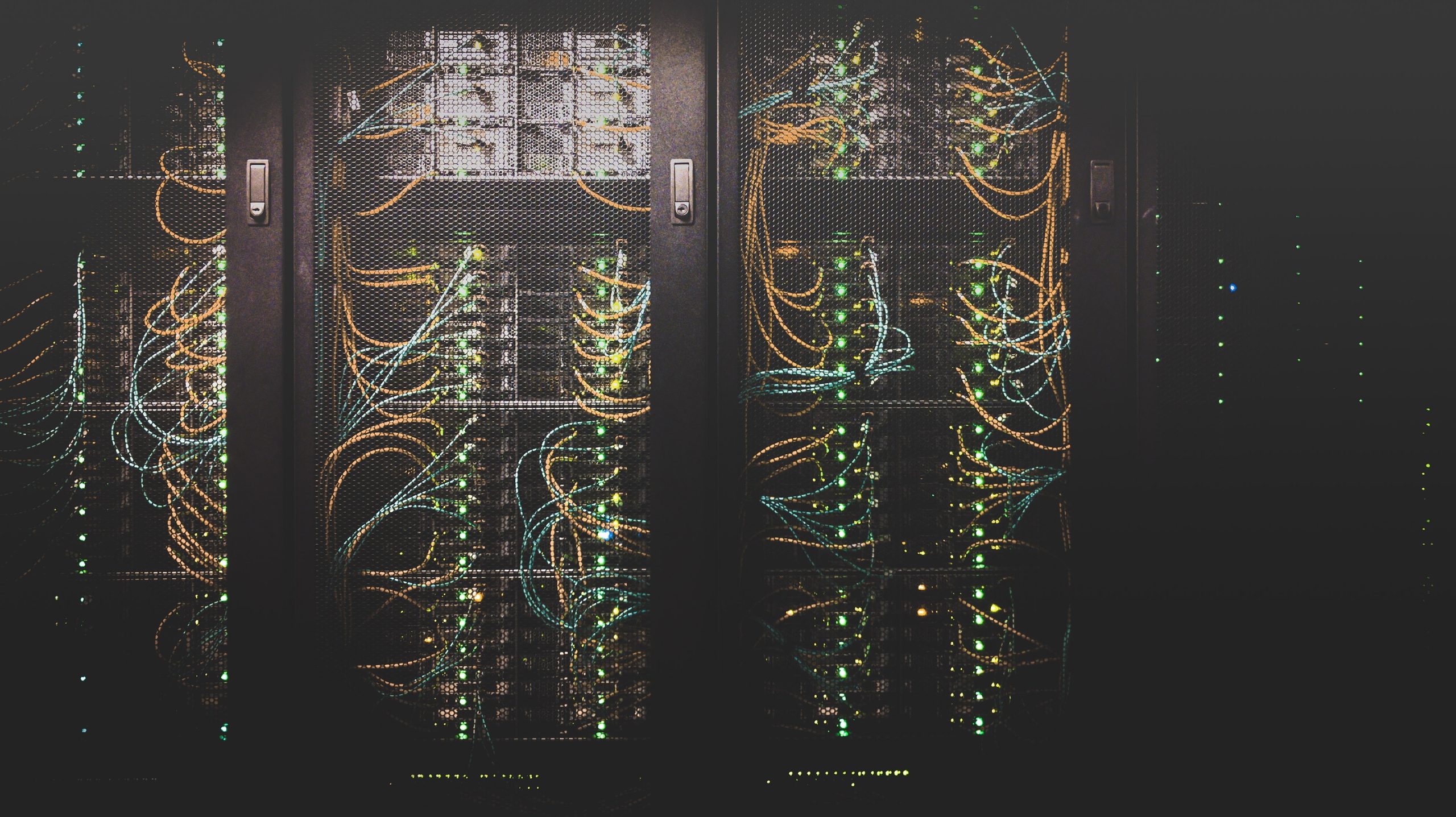Choosing a domain name registrar might not seem like a big deal at first, but for businesses and individuals looking to protect their online presence, it’s crucial to pick a safe and reliable provider. Two major players in this space are Cloudflare and GoDaddy. While both offer domain registration services, their approaches to user safety, interface, pricing, and security differ significantly. This article breaks down the advantages and concerns of each to help answer the vital question: Cloudflare vs. GoDaddy: Which registrar is safer to live with?
Overview of Cloudflare and GoDaddy
Cloudflare is primarily known as a web performance and security company. Its reputation is built on providing CDN (Content Delivery Network) services, DDoS protection, and other web infrastructure solutions. In 2018, the company added domain registration services, offering them at wholesale prices and promising enhanced security with no upselling.
GoDaddy, in contrast, is a veteran in the domain registration business. Founded in 1997, it has grown to become one of the largest domain registrars in the world. GoDaddy offers a broad range of services including website hosting, email support, and custom website building tools.

Security Features
When it comes to security, there’s a notable difference between Cloudflare and GoDaddy’s default offerings.
- Cloudflare: Cloudflare is known for making security a central priority. For registered domains, it includes free WHOIS privacy protection automatically, helping hide the registrant’s personal details from public records. In addition, Cloudflare Registrar supports DNSSEC, automatic renewal lockout, and multifactor authentication (MFA) as default protections. Unlike many registrars, Cloudflare does not try to upsell these services—they are baked in from the get-go.
- GoDaddy: On the other hand, GoDaddy offers security features like WHOIS privacy and SSL certificates, but many of them come as premium add-ons. Users may find that they need to purchase additional packages to secure their domains properly. While GoDaddy also supports MFA and DNSSEC, these are not automatically configured and require user intervention to set up correctly.
From a purely security standpoint, Cloudflare offers a better deal out of the box for those who prioritize safety without the hassle of managing extra purchases and settings.
User Experience and Interface
User interface can also contribute to safer practice. A straightforward panel reduces errors and misconfigurations.
- Cloudflare: The dashboard is clean and simple. Because Cloudflare Registrar only supports domains that use its nameservers, users benefit from a tightly controlled ecosystem. This controlled environment minimizes the possibility of misconfiguring settings accidentally.
- GoDaddy: GoDaddy offers a more traditional and flexible domain management platform, allowing use of any preferred nameservers. However, the UI is cluttered with promotional banners, cross-sells, and sometimes confusing layout patterns. For beginners, this can create opportunities for security oversights or missteps.

Pricing Transparency
Though pricing itself isn’t a direct indicator of safety, hidden fees and surprises can lead to choices that jeopardize domain security. For example, if security options require extra payment, users may opt not to use them.
- Cloudflare: Their pricing model is clear and transparent. Cloudflare doesn’t make a profit from domain registrations—they offer domains at the wholesale cost, often significantly reducing ownership expenses. This ensures there’s no monetary incentive to push unnecessary upsells.
- GoDaddy: Known for aggressive upselling, GoDaddy’s pricing strategy can intimidate or confuse new users. Domain renewals also tend to be higher than initial purchase rates, and security features like domain privacy are commonly offered as additional purchases, sometimes doubling the actual cost.
With security tied closely to user behavior and habits, transparent pricing models like Cloudflare’s encourage users to make more secure choices, not driven by price constraints.
Reputation and Incident History
The track record of each registrar speaks volumes about their reliability and safety.
- Cloudflare: While relatively new in the registrar space, Cloudflare has maintained a strong reputation for putting users’ security first. There have been minimal reports of breaches or service issues related directly to their registrar services.
- GoDaddy: GoDaddy has experienced several high-profile security incidents. Notably, in 2021 and again in 2023, the company reported data breaches that impacted customers’ data and service integrity. These recurring events have raised concerns about GoDaddy’s internal security and data handling practices.
Trust is built over time and tested during incidents. Though GoDaddy has taken steps to enhance its infrastructure, its history casts lingering doubts among privacy-conscious users.
Customer Support and Community Feedback
Access to knowledgeable, responsive customer support can make a significant difference during emergencies or DNS-related incidents.
- Cloudflare: Customer support is primarily email-based, and while support is known to be technically competent, some users report longer response times. However, Cloudflare maintains an active online community and thorough documentation to help users troubleshoot issues independently.
- GoDaddy: Known for its 24/7 phone and chat support, GoDaddy offers more immediate assistance, which can be beneficial in time-sensitive scenarios. The downside is that support representatives are also tasked with sales, leading to frequent upselling, even during security-related calls.

Conclusion: Which Registrar is Safer?
When examining Cloudflare vs. GoDaddy through a security-first lens, Cloudflare clearly stands out as the safer registrar for individuals and businesses focused on privacy, cost transparency, and minimizing vulnerabilities. Its streamlined, no-ads interface, bundled security features, and solid reputation make it ideal for users who want peace of mind with minimal management overhead.
GoDaddy, with its expansive support channels, wide service offerings, and industry longevity, may still appeal to users who need a one-stop shop. However, the layered upsells, past security incidents, and confusing UI present safety trade-offs that some users may find unacceptable.
Ultimately, for users whose primary concern is domain security and privacy, Cloudflare wins the comparison.
FAQ
1. Can I transfer my domain from GoDaddy to Cloudflare?
Yes, Cloudflare allows inbound domain transfers, but you must use Cloudflare DNS to register with them. The process is straightforward, and Cloudflare provides tools to assist with the switch.
2. Does Cloudflare offer hosting services like GoDaddy?
No, Cloudflare does not offer web hosting in the traditional sense. It provides services like reverse proxy, CDN, and security layers, but not content hosting or email support. You’ll need a separate host for those services.
3. Is GoDaddy secure enough for business use?
Yes, with the right settings and added security purchases, GoDaddy can be relatively secure. However, it requires more manual configuration compared to the baseline protections Cloudflare includes for all users.
4. Are domain prices really cheaper with Cloudflare?
Generally, yes. Cloudflare charges domains at wholesale prices, often undercutting GoDaddy’s rates even after promotions and discounts have expired.
5. Which registrar is easier to use for beginners?
It depends. GoDaddy offers live support, which can be helpful to beginners. However, Cloudflare’s clean interface and “no surprises” cost model may also be appealing to those new to domain management.
 logo
logo


